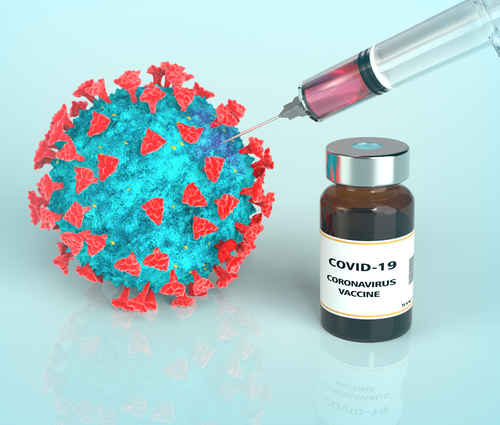
A coronavirus vaccine developed by Oxford University produced strong immune responses in a phase 1/2 trial of 1,077 people, scientists from the Jenner Institute and Oxford Vaccine Group reported this week, possibly heralding a safe and effective candidate.
The findings of the UK trial, which began in April, were published in the scientific journal The Lancet, and notably, they revealed no early adverse health concerns while producing those strong results. The vaccine produced a T cell response capable of fighting the SARS-CoV-2 virus within 14 days of vaccination and an antibody response within 28 days, meaning it produced the ability to neutralize the coronavirus and prevent further infection.
Approximately 90 percent of volunteers developed antibodies after just one dose.
“We saw the strongest immune response in the 10 participants who received two doses of the vaccine, indicating that this might be a good strategy for vaccination,” Professor Andrew Pollard, Oxford professor of Paediatric Infection and Immunity, said.
Antibody responses were strongest after a booster dose: all participants showed neutralizing activity against the coronavirus. Whether it can protect against SARS-CoV-2 infection, specifically, remains to be seen. The team has been working on the ChAdOx1 nCoV-19 vaccine back in January, though, as the virus began to spread worldwide.
Volunteers for the study ranged between 18 and 55 years old. They were subjected to a randomized, controlled trial, with only 10 receiving two doses of the vaccine.
Going forward, Oxford is working with biopharmaceutical company AstraZeneca to further develop, manufacture, and distribute the vaccine. The pair plan to distribute it globally and their efforts have been aided by £84 million from the UK government.
“We are encouraged by the Phase I/II interim data showing AZD1222 was capable of generating a rapid antibody and T-cell response against SARS-CoV-2. While there is more work to be done, today’s data increases our confidence that the vaccine will work and allows us to continue our plans to manufacture the vaccine at scale for broad and equitable access around the world,” Mene Pangalos, Executive Vice President of BioPharmaceuticals Research and Development at AstraZeneca, said.
The Phase III pediatric study is also planned for the United States. Roughly 30,000 patients will be enrolled in that study, while additional phase 3 studies are already underway in Brazil and South Africa.




